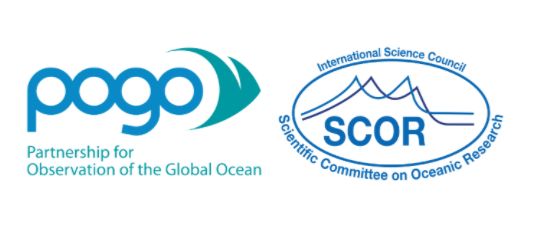The POGO-SCOR Fellowship Programme is jointly funded by POGO and the Scientific Committee on Oceanic Research (SCOR) and is designed to promote training and capacity building leading towards a global observation scheme for the oceans. The Programme has been a success for around 20 years, with more than 160 fellowships awarded since 2001.
The fellowship program is open to scientists, technicians, postgraduate students (preferably of PhD level) and post-doctoral fellows of developing countries and countries with economies in transition and involved in oceanographic work. Applicants must be citizens of developing countries or economies in transition, as defined by the Development Assistance Committee (DAC) of the OECD. A list of eligible countries is available in the right-hand menu. The main purpose of the program is to advance sustained ocean observations and their applications. Priority is given to applicants in the early stages of career development. This fellowship is intended to support training in oceanographic observations, not to learn research techniques. Its main purpose is to advance sustained ocean observations and their applications; it offers the opportunity to visit other oceanographic centres for a short period (1 to 3 months) for training on any aspect of oceanographic observations, analyses, and interpretation.
The Selection Criteria involve a number of factors including:
- Quality of the application;
- Relevance of the application to the priority areas identified in the Fellowship Announcement (Argo Floats and gliders; fixed-point time-series observations; large-scale, operational biological observations including biodiversity; emerging technologies for ocean observations; data management; coastal observations/ coastal zone management; ocean and coastal modelling; oxygen and other biogeochemical sensors on floats and gliders; optical measurements of living and non-living particles; time-series measurements of N2O and CH4); ocean observations and modelling in the Indian Ocean (contributions to IIOE-2).
- Evidence that the training will lead to capacity-building with potential lasting impact on regional observations; and,
- The need to maximise regional distribution of the awards.
Deadline: 30 April 2021

